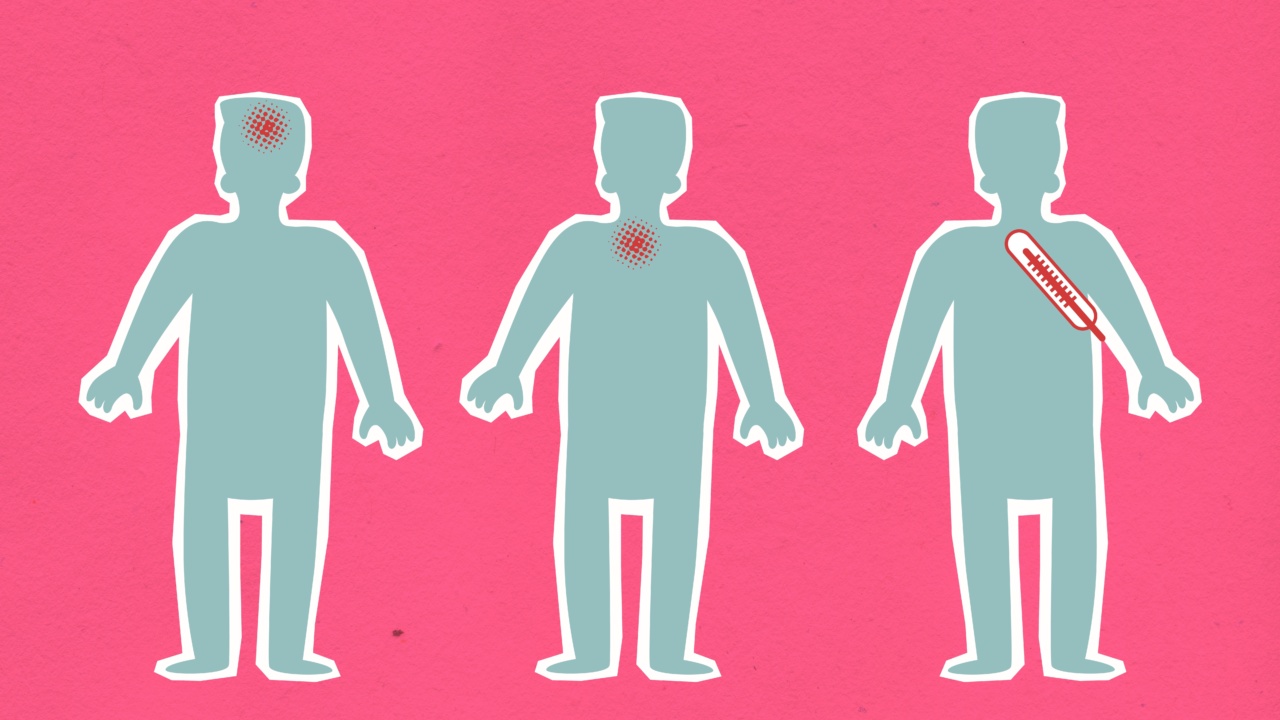The human body temperature is one of the vital signs that indicates the overall health and wellness of a person. It is a measure of the body’s ability to maintain a stable internal environment despite changes in the external environment.
While the normal body temperature is around 98.6°F (37°C), it can vary slightly depending on age, gender, and time of day.
Factors Affecting Body Temperature
The body’s temperature can fluctuate based on various factors.
Age
Younger children tend to have higher body temperatures compared to adults. Elderly people may have lower body temperatures due to a decrease in their metabolic rate.
Gender
Women tend to have slightly higher body temperatures than men due to hormonal changes during the menstrual cycle.
Time of day
The body temperature is generally lower in the morning and gradually increases throughout the day, peaking in the late afternoon or early evening.
Physical activity
Physical activity like exercise can raise body temperature due to an increase in metabolic rate and muscle activity.
Environmental factors
Exposure to hot or cold temperatures, humidity, and changes in altitude can affect body temperature.
Body Temperature Drops Over Time
While the average body temperature is around 98.6°F (37°C), research shows that it is gradually decreasing over time.
Historical Data
In the mid-19th century, a German physician called Carl Reinhold August Wunderlich conducted a study of over 25,000 patients to determine the average body temperature. He found that the average body temperature was 98.6°F (37°C).
However, recent studies have shown that the average body temperature of humans has decreased by around 0.5°F (0.3°C) per century since the 19th century.
Possible Causes
There are various hypotheses on why the human body temperature is decreasing over time. Here are some possible causes:.
Medical Advancements
The advancements in modern medicine have helped to improve overall health and reduce the prevalence of infectious diseases. This, in turn, could have led to a decrease in body temperature.
Increase in Obesity Rates
The increase in obesity rates in recent years could also be a contributing factor. Studies have shown that obese individuals tend to have lower body temperatures.
Changes in Environment
The changes in the environment due to urbanization, climate change, and pollution could also have an impact on the body temperature.
Evolution
Some researchers believe that the decrease in body temperature could be an evolutionary adaptation. As humans have evolved, their metabolism has become more efficient, and their body temperature has decreased to conserve energy.
Conclusion
The human body temperature is a vital sign that indicates the overall health and wellness of a person. While the average body temperature is around 98.6°F (37°C), it has been gradually decreasing over time.
This could be due to various factors like medical advancements, increase in obesity rates, changes in environment, and evolution.





























